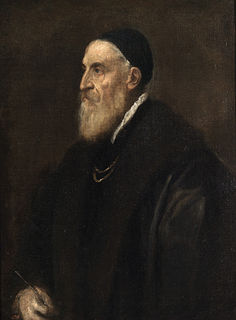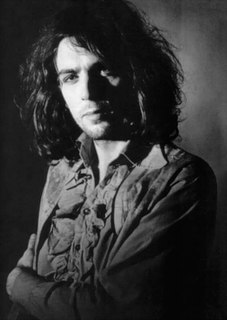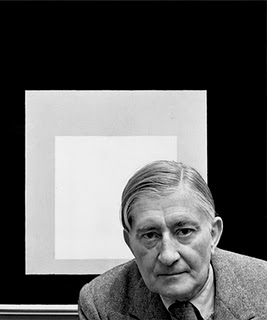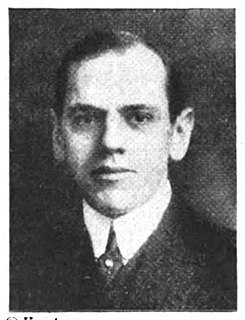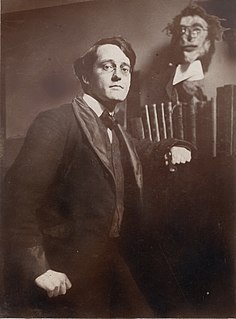A Quote by Lucian Freud
Were it not for this [dissatisfaction], the perfect painting might be painted, on the completion of which the painter could retire. It is this great insufficiency that drives him on. The process of creation becomes necessary to the painter perhaps more than it is in the picture. The process is in fact habit-forming.
Related Quotes
A moment of complete happiness never occurs in the creation of a work of art. The promise of it is felt in the act of creation but disappears towards the completion of the work. For it is then the painter realises that it is only a picture he is painting. Until then he had almost dared to hope the picture might spring to life.
Not every painter has a gift for painting, in fact, many painters are disappointed when they meet with difficulties in art. Painting done under pressure by artists without the necessary talent can only give rise to formlessness, as painting is a profession that requires peace of mind. The painter must always seek the essence of things, always represent the essential characteristics and emotions of the person he is painting.
After painting comes Sculpture, a very noble art, but one that does not in the execution require the same supreme ingenuity as the art of painting, since in two most important and difficult particulars, in foreshortening and in light and shade, for which the painter has to invent a process, sculpture is helped by nature. Moreover, Sculpture does not imitate color which the painter takes pains to attune so that the shadows accompany the lights.
This is, if not a lifetime process, it's awfully close to it. The writer broadens, becomes deeper, becomes more observant, becomes more tempered, becomes much wiser over a period time passing. It is not something that is injected into him by a needle. It is not something that comes on a wave of flashing, explosive light one night and say, 'Huzzah! Eureka! I've got it!' and then proceeds to write the great American novel in eleven days. It doesn't work that way. It's a long, tedious, tough, frustrating process, but never, ever be put aside by the fact that it's hard.
[Fritz Haber's] greatness lies in his scientific ideas and in the depth of his searching. The thought, the plan, and the process are more important to him than the completion. The creative process gives him more pleasure than the yield, the finished piece. Success is immaterial. "Doing it was wonderful." His work is nearly always uneconomical, with the wastefulness of the rich.

